Case overview
he integration of Augmented Reality (AR), Virtual Reality (VR), and Machine Learning (ML) has tremendous potential to transform patient care and medical practices. Let’s delve into a case study that demonstrates their combined impact.
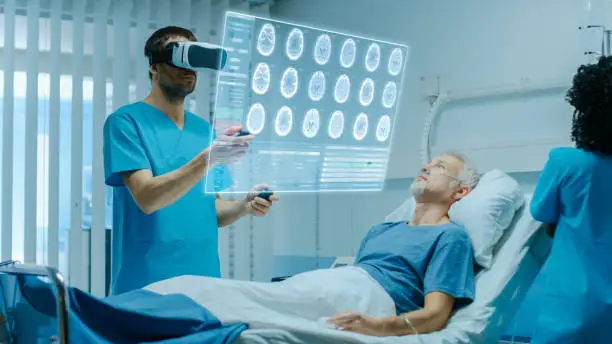
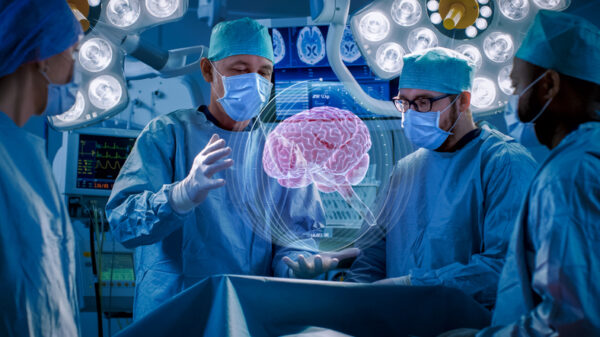
The Brief
Utilizing AR/VR in Surgical Procedures:
Preoperative Planning with AR:
- Patient-Specific Visualization: AR technology allows surgeons to visualize patient-specific anatomy in 3D before the operation, enabling better understanding of complex structures and potential challenges.
- Surgical Simulation: Surgeons use VR simulations to practice procedures and familiarize themselves with specific cases, enhancing preparedness and reducing the margin of error during surgery.
2. Intraoperative Assistance with AR:
- Real-time Guidance: AR overlays surgical navigation onto the surgeon’s field of view, providing real-time guidance, highlighting critical structures, and assisting in precise incisions or placements.
- ML Integration: ML algorithms process live data from surgical instruments, providing contextual information and predictive guidance during the operation.
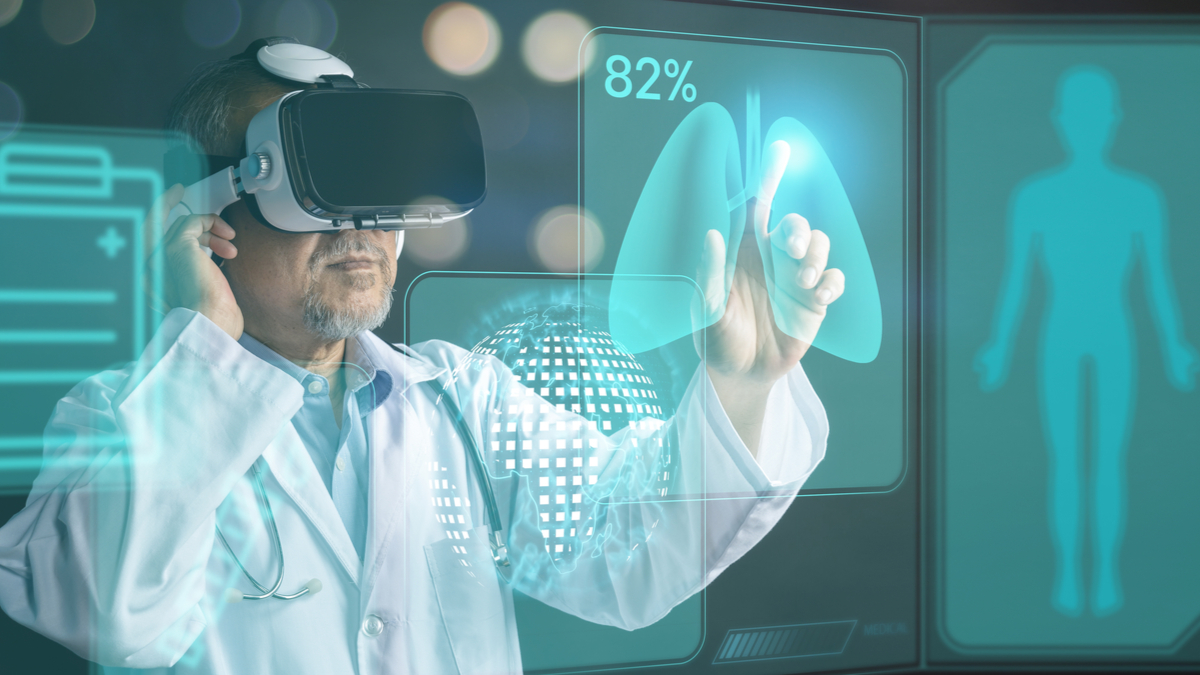
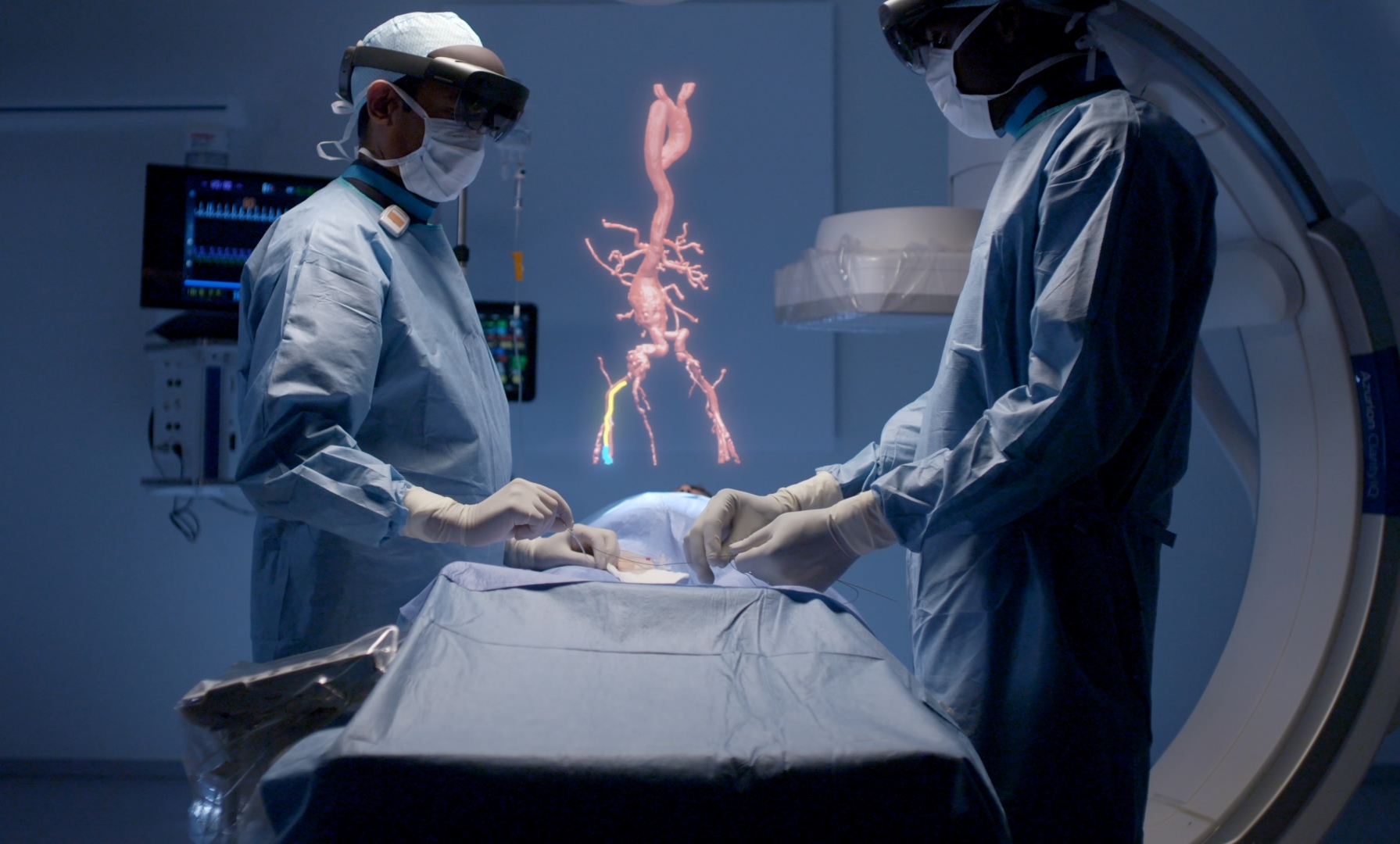
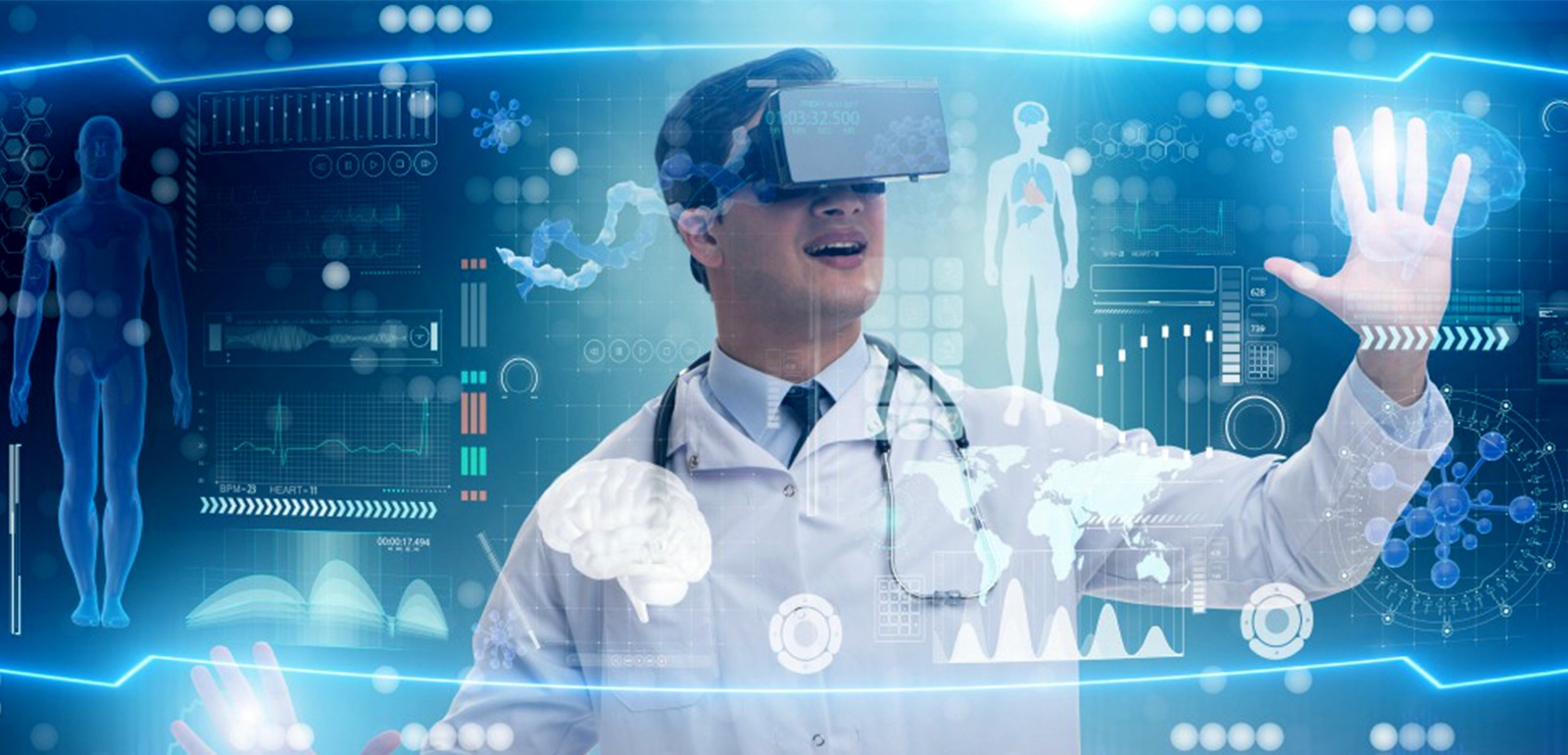
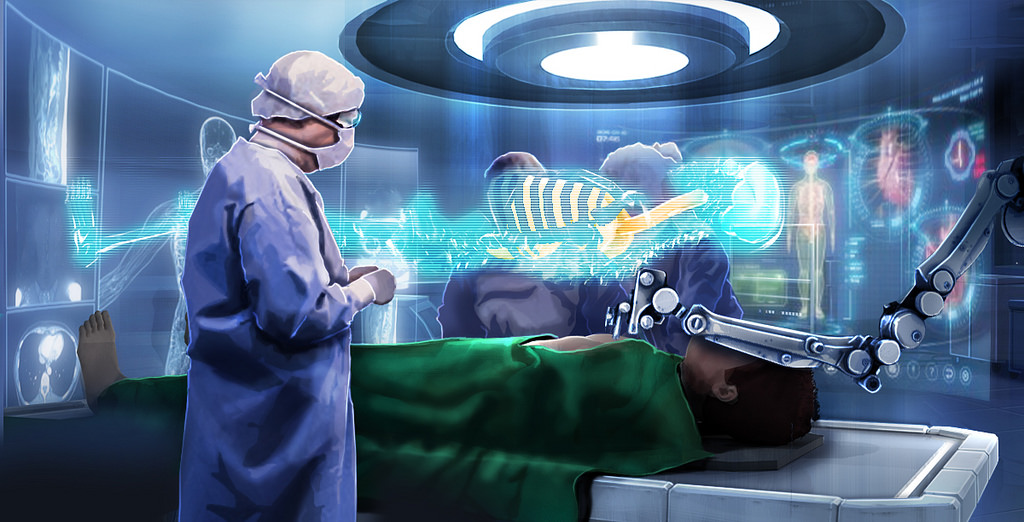
Our Approach
Remote Monitoring: Patients utilize VR for at-home rehabilitation exercises guided by personalized programs, while healthcare providers monitor progress remotely.
ML Analytics: ML algorithms analyze patient data collected from wearables or monitoring devices to predict recovery trajectories and identify potential complications.
ML-Driven Insights: Machine learning models analyze vast amounts of patient data to provide personalized treatment recommendations, aiding clinicians in making informed decisions for individualized care plans.

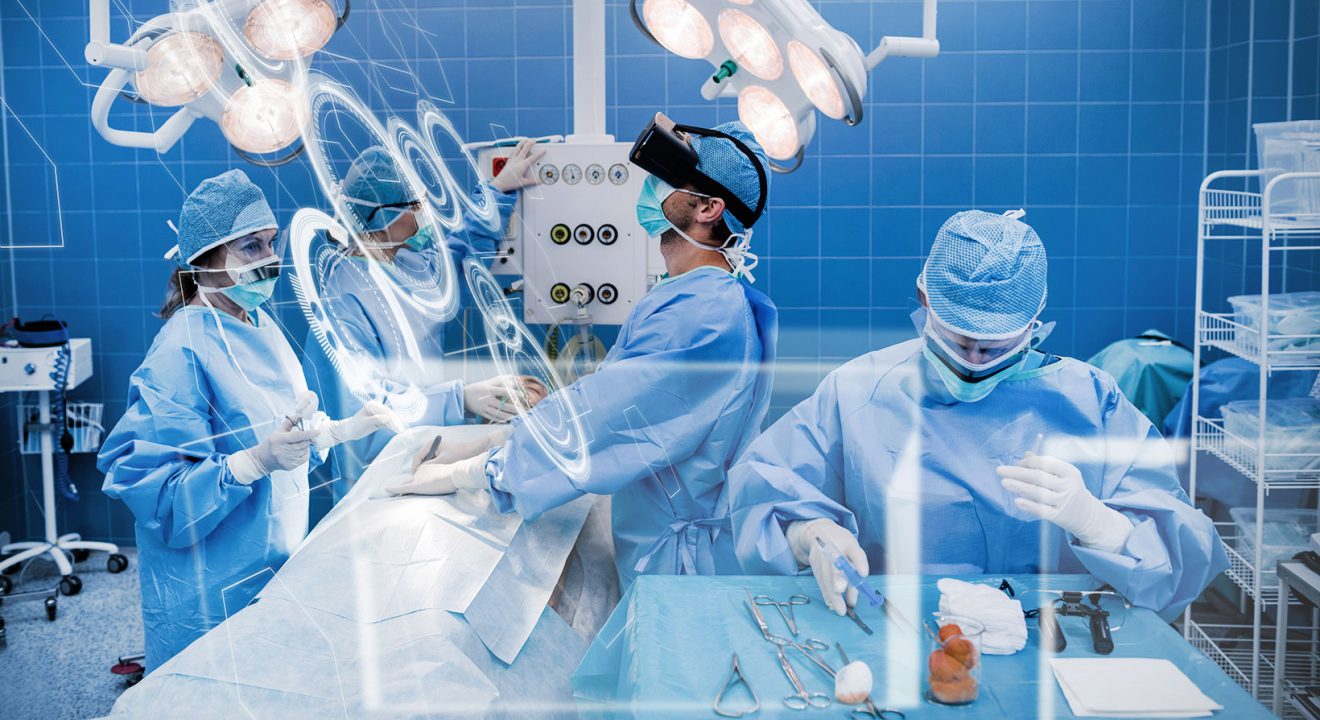
The Results
-
Precision and Accuracy:
- AR/VR technologies assist surgeons in performing procedures with enhanced precision, reducing the risk of errors and complications.
-
Patient Engagement and Recovery:
- VR-based rehabilitation programs engage patients in their recovery process, potentially speeding up rehabilitation and improving overall outcomes.
-
Data-Driven Insights:
- ML-driven analytics offer insights into patient recovery patterns, aiding in proactive intervention and personalized care delivery.
Revolutionizing Patient Care with AR/VR and ML Technologies
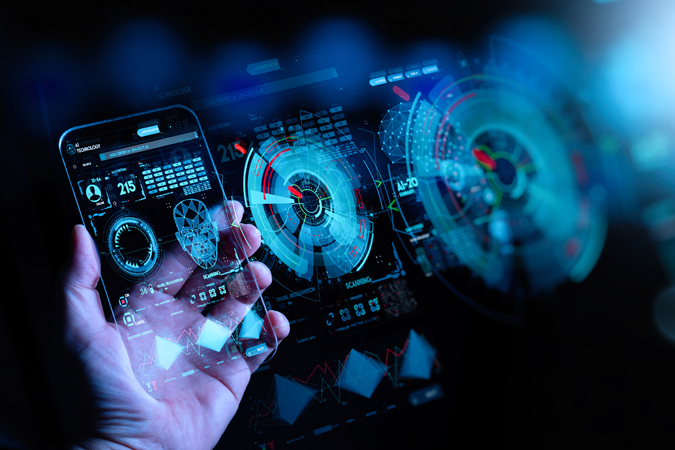
- Patient-Centric Innovation: Our pioneering approach revolutionizes patient care, leveraging AR/VR and ML technologies for a substantial 20% improvement in operational efficiency.
- Precision Healthcare: Realize a 15% reduction in defects, exemplifying our commitment to precision in healthcare practices through advanced technologies.
- Strategic Technological Integration: Unlock the potential of AR/VR and ML with strategic insights, optimizing patient care processes and revolutionizing the healthcare experience.
- Patient-Centered Excellence: Our methodology sets a new standard for healthcare practices, ensuring optimal resource utilization and excellence in patient-centered care.


